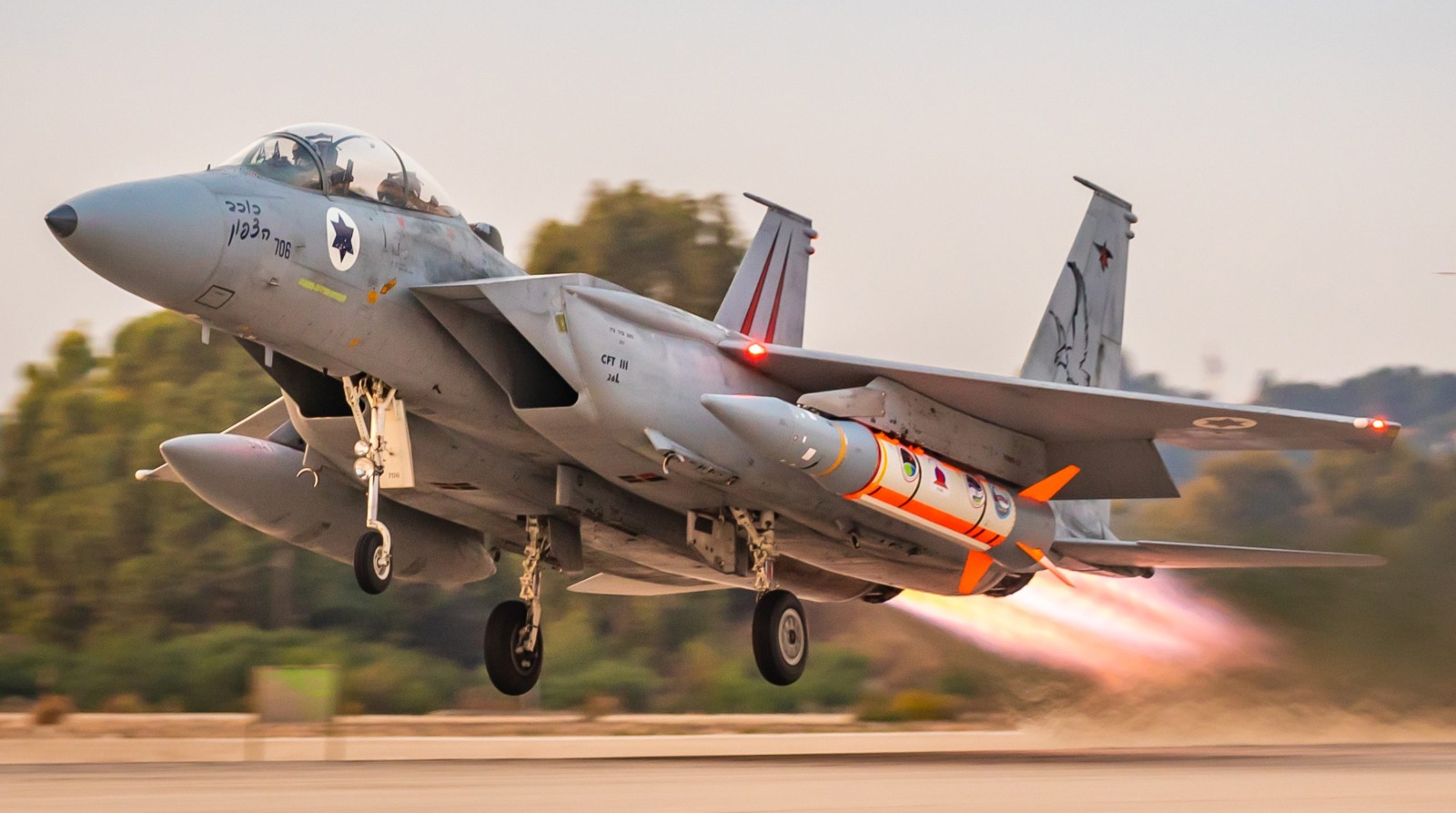A global powerhouse, the US has previously put sanctions on Iran for “unprovoked attacks”. US President Donald Trump has often criticised Iran and described the troubled nation as “world’s worst sponsor on terrorism”.
Similarly, North Korea was re-designated as a state sponsor of terror in 2017. Even after enough evidence against Pakistan for abetting terrorists, it has escaped such sanctions from the US.
Pakistan has been long accused of supporting the Taliban and other terrorist groups along its border with Afghanistan but has never been a subject of such sanctions by the US in decades.
President Trump’s decision to suspend military aid to Pakistan was the most notable punitive action after 2001. The previous US administrations had also pressurised Pakistan on several occasions including when the US aircrafts crossed Pakistan’s air space to bomb Osama Bin Laden camps in Afghanistan and then went into Pakistan to eliminate Bin Laden.
According to Dr Tara Kartha, who is a part of National Security Council Secretariat (NSCS) says that Washington has shied away from taking strong actions because Pakistan is a nuclear-equipped state.
“Whether Pakistani nuclear weapons deter the US or not seems to depend heavily on its own interests, political context and the extent of punishment that it calculates Pakistan can bear,” wrote Kartha. She also raised the possibility of the US’s dependence on Pakistan “for anything operational in Afghanistan”.
Recently, after the two deadly attacks in Afghanistan when a maternity ward was targetted, killing at least 24 people and another attack on the mourners attending the funeral of a local police commander, US Secretary of State Mike Pompeo condemned the duel attacks and said that Kabul should cooperate with the Taliban to bring peace to the people of Afghanistan.
The expert also raised that Pakistan has cashed in on this through another way that is; The Intelligence Trade. According to the European Foundation of South Asian Studies (EFSAS), three out of four terror plots in the UK have roots in Pakistan.
It states that “The Pakistan-Britain terror connection poses a serious threat to Great Britain and its allies, including the United States”, and recommended a multi-front fight to break “the personnel, financial, and ideological links”.
The Heritage Foundation Report further states that “the problem is closely related to the continued existence of terrorist training camps in Pakistan, Pakistan’s failure to break up terrorist networks on its own soil, and its ambivalence toward cracking down on Islamist extremists, who have served as assets to Pakistan in pursuing its regional security goals.”
Kartha argues that the intelligence inputs from Pakistan are highly prized by the governments and thus they go along for the sake of “good paper and contacts”. She added that this is why international journals downplay the impact of Pakistan’s activities which keeps the terror accused state in business and lets it influence the narrative.
Pakistan is also seen as an ‘in’ to Islamic nations like Iran or Saudi Arabia which helps the western countries. “There are suspicions that the US operates into Iran through Pakistani groups to access intelligence from a country it cannot hope to access itself,” claims Kartha.
The status quo between Pakistan and the western nations was disturbed after the Balakot strikes executed by India. As per experts taking to the EurAsain Times, Pakistan is a vital cog in the wheel for US’ Afghan and Iran policy while continued support to Islamabad means that New Delhi continues to be the biggest imported of weapons.
With Inputs from The Print.




